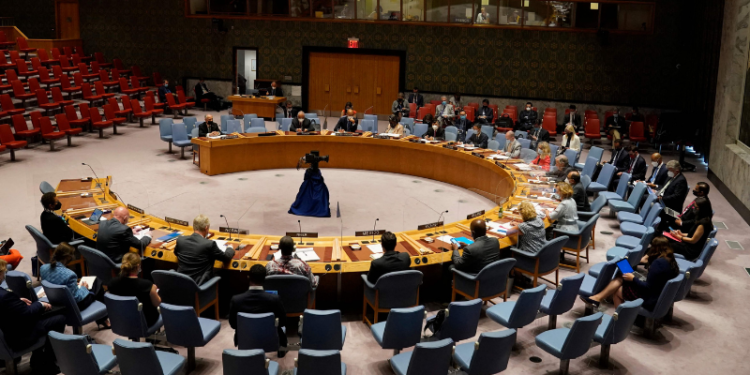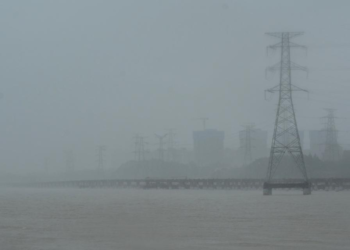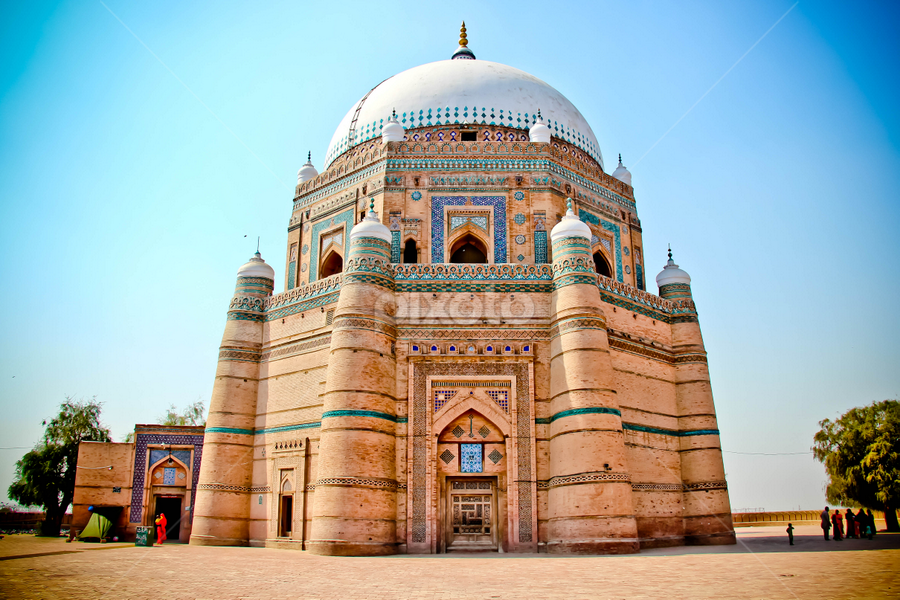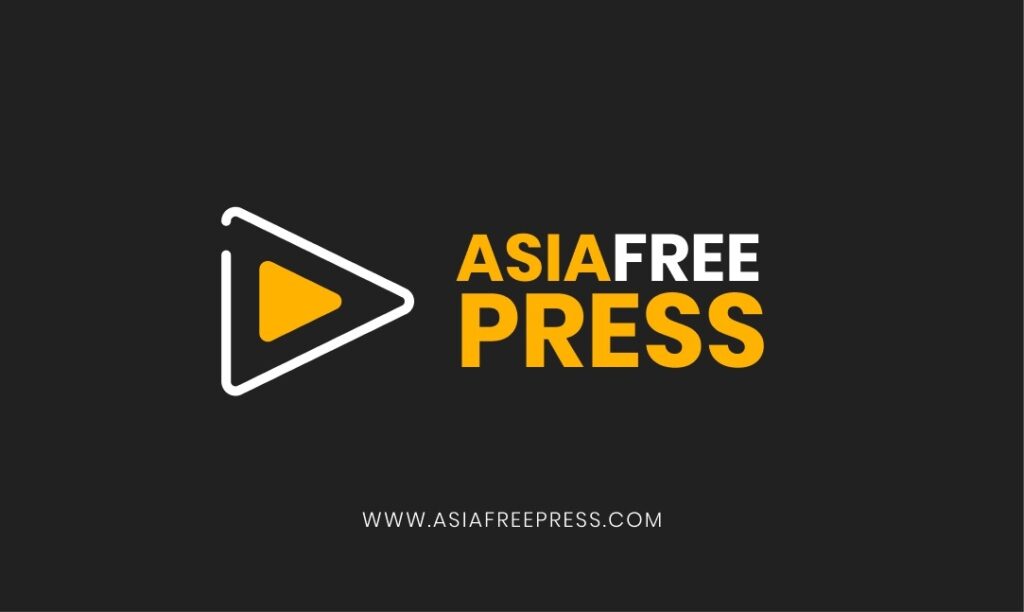UNITED NATIONS, Apr 04 (APP): Pakistan, which firmly opposes more permanent members in the U.N. Security Council, has reaffirmed its call for ensuring equitable representation in the 15-member body by adding more elected members to make it more democratic and effective.
“It is clear from discussions held so far that a common ground among member states does exist on the idea of expanding the seats in the non-permanent category,” Ambassador Aamir Khan, deputy permanent representative of Pakistan, told delegates when the deadlocked Inter-Governmental Negotiations (IGN) aimed at reforming the Council resumed on Tuesday.
Full-scale negotiations to reform the Security Council began in the General Assembly in February 2009 on five key areas — the categories of membership, the question of veto, regional representation, size of an enlarged Security Council, and working methods of the council and its relationship with the General Assembly.
Progress towards restructuring the Security Council remains blocked as G-4 countries — India, Brazil, Germany and Japan — continue pushing for permanent seats in the Council, while the Italy/Pakistan-led Uniting for Consensus (UfC) group opposes any additional permanent members.
As a compromise, UfC has proposed a new category of members — not permanent members — with a longer duration in terms and a possibility to get re-elected.
The Security Council is currently composed of five permanent members — Britain, China, France, Russia and the United States — and 10 non-permanent members elected to two-year terms.
In his remarks, the Pakistani envoy said that UfC’s clear and strong preference is for the creation of an additional 10-11 seats for non-permanent membership, with one of those seats “floating” for the group of Small States and
SIDS (Small Island Developing States).
“The UfC’s proposal to add only non-permanent members, elected periodically by the General Assembly, is more democratic and consistent with the (UN) Charter’s prescription that the Security Council ‘acts on behalf’ of the entire membership of the General Assembly,” Ambassador Aamir Khan argued, as he laid out the rationale for the group’s position.
“It is only the democratic process of election and future re-election by its peers that instills accountability and responsibility in the conduct of States serving on the Security Council.”
As regards G-4’s campaign for permanent seats, the Pakistani envoy said the concept of permanent membership violates the principle of sovereign equality, pointing out that most of the member states did not contribute to the designation of 5 permanent members in the UN Charter when the organization was established.
“We cannot now agree to expand this inequality by creating additional permanent members and accepting a status which is less than for sovereign state,” he asserted.
“Adding new permanent members will multiply the prospects of paralysis in the Council,” Aamir Khan said, adding that UfC’s proposal to add 11 non-permanent members would reduce inequality and enlarge the voice and influence of those States which are not involved in great power rivalries and which desire decisive action by the Security Council.
“This will add dynamism to the work of the Security Council,” he said, noting that most improvements in the Security Council’s processes have emanated from its non-permanent members.
The addition of six permanent members, (as G-4 has proposed), besides enlarging the prospects of paralysis, also would reduce the prospects for ‘equitable representation’ on the Council, the Pakistani envoy said.
“While 11 States would be ‘permanently’ represented, the other 182 Member States will have to compete for election to the remaining 15 seats on the Council,” he said.
“The ‘balance’ of power and influence would be even more heavily tilted towards the permanent members, contradicting the objectives of equity, democracy and representation.”
Aamir Khan said that the UfC was, therefore, not prepared to accept G-4’s claims for permanent membership which, he called a demand for individual seats, not the demand for the region, like Africa.




















